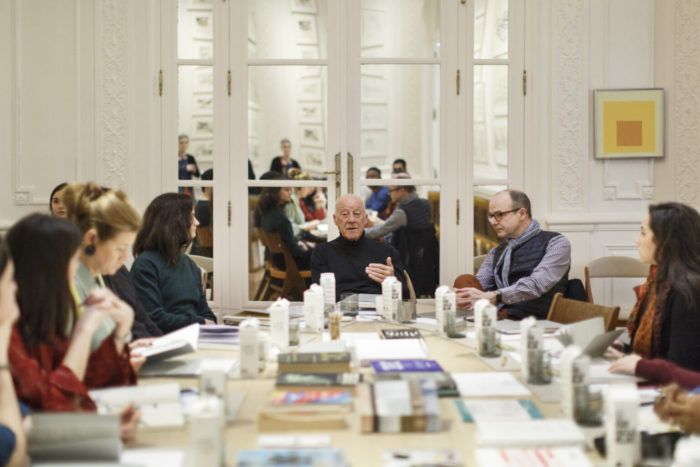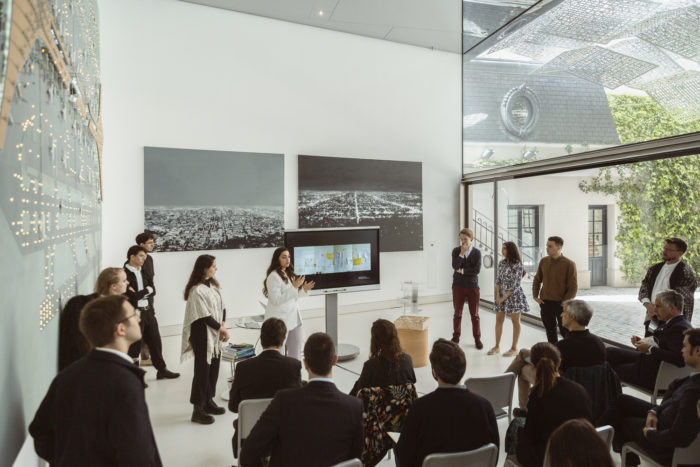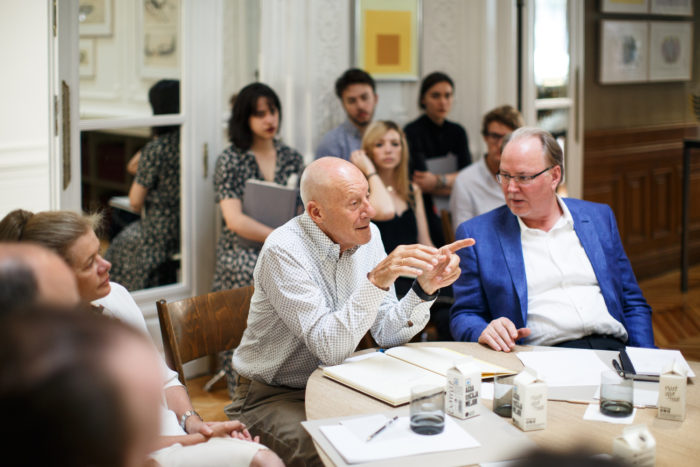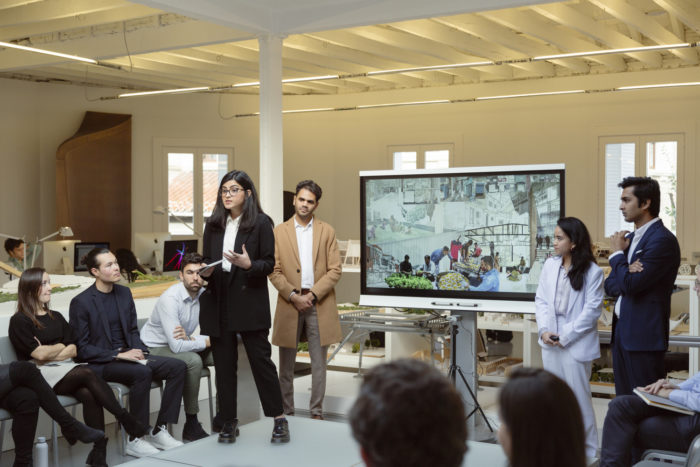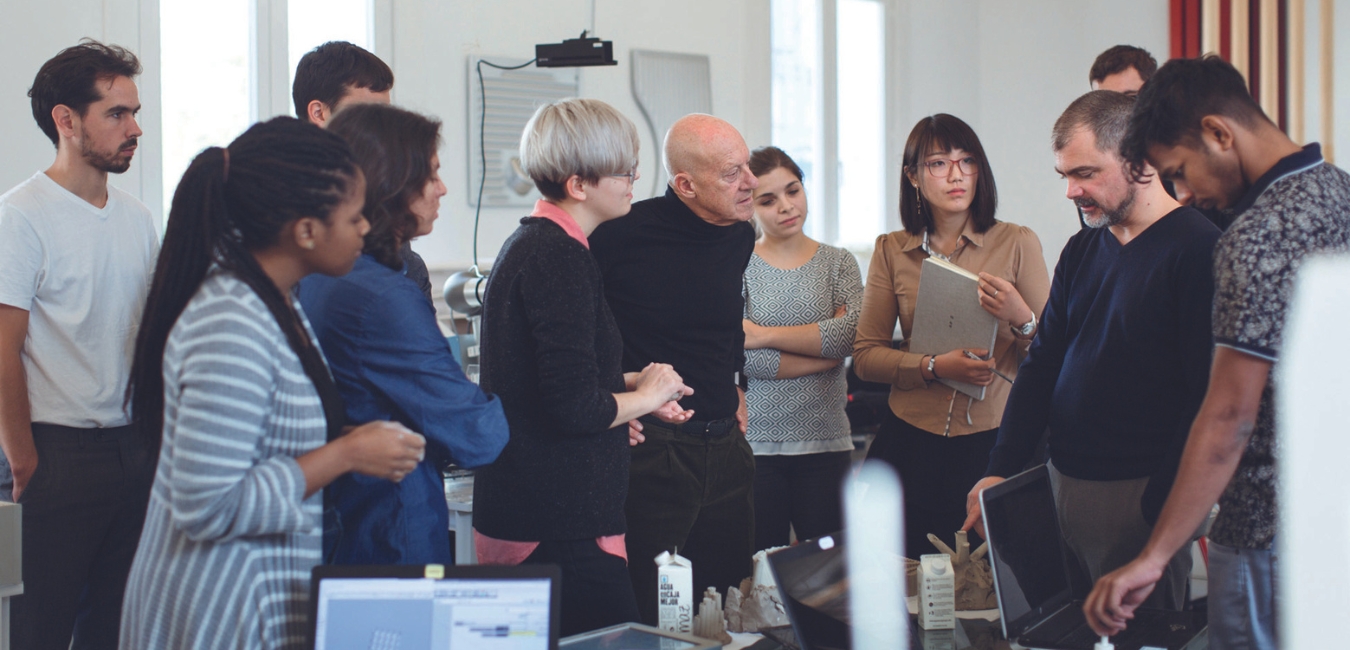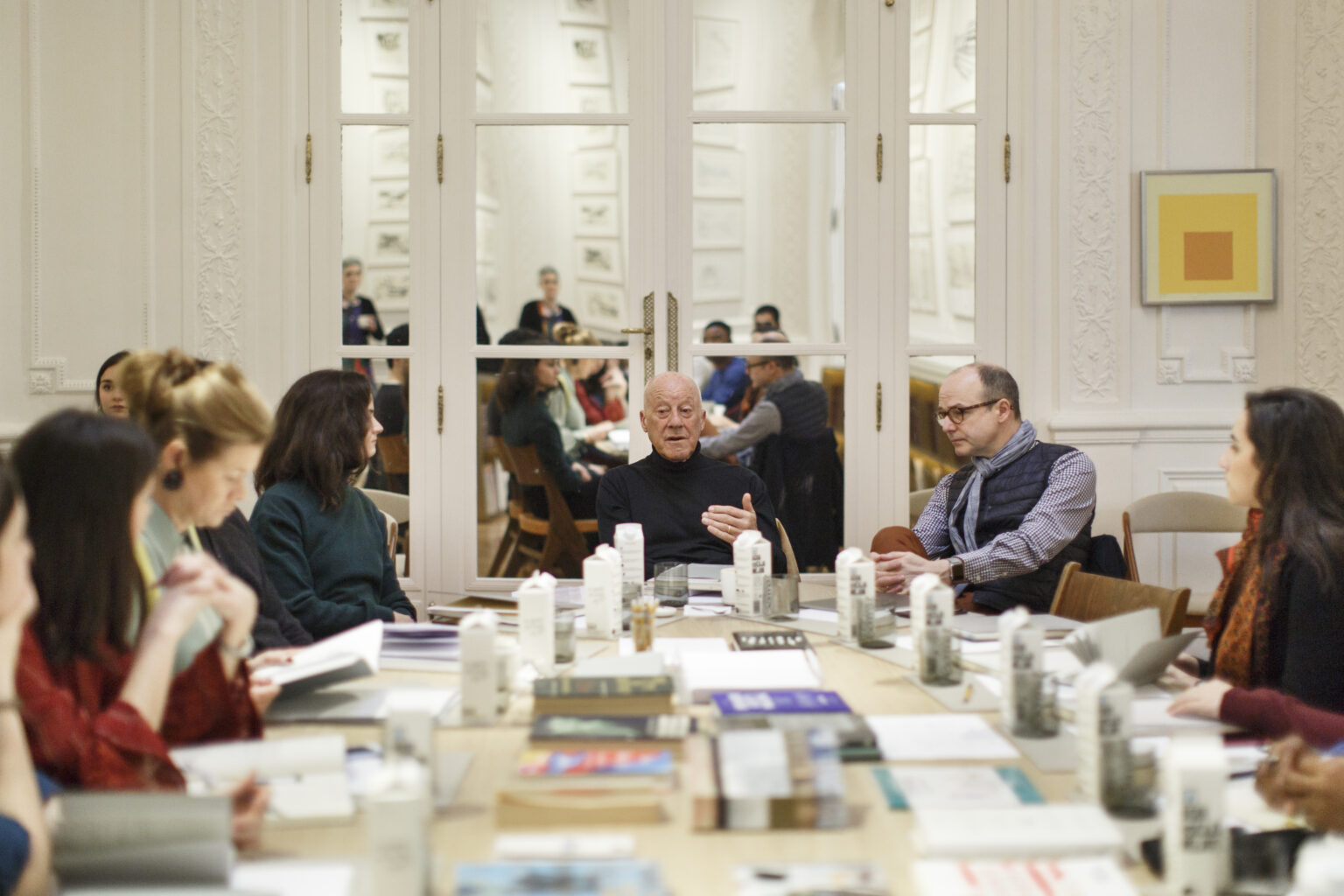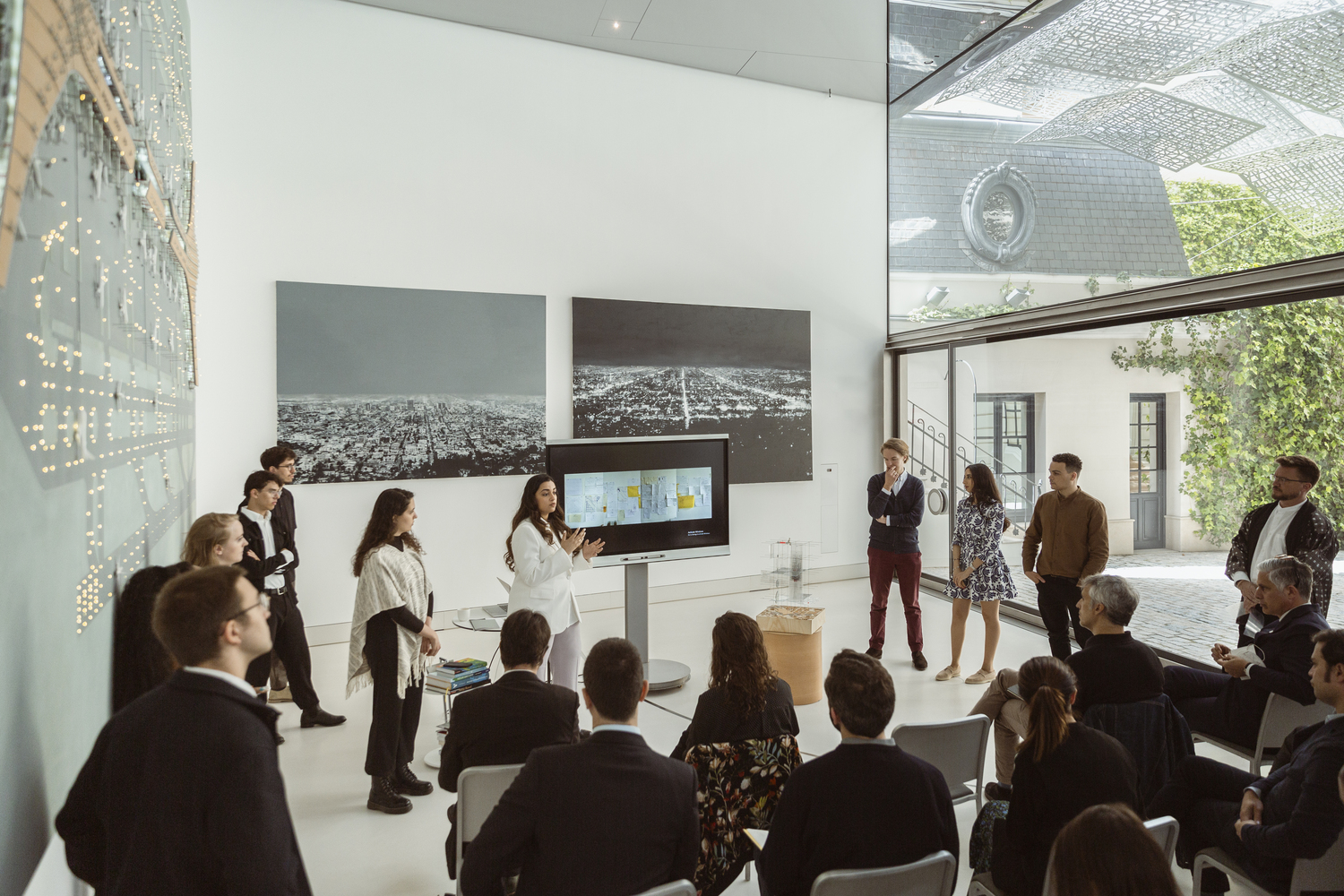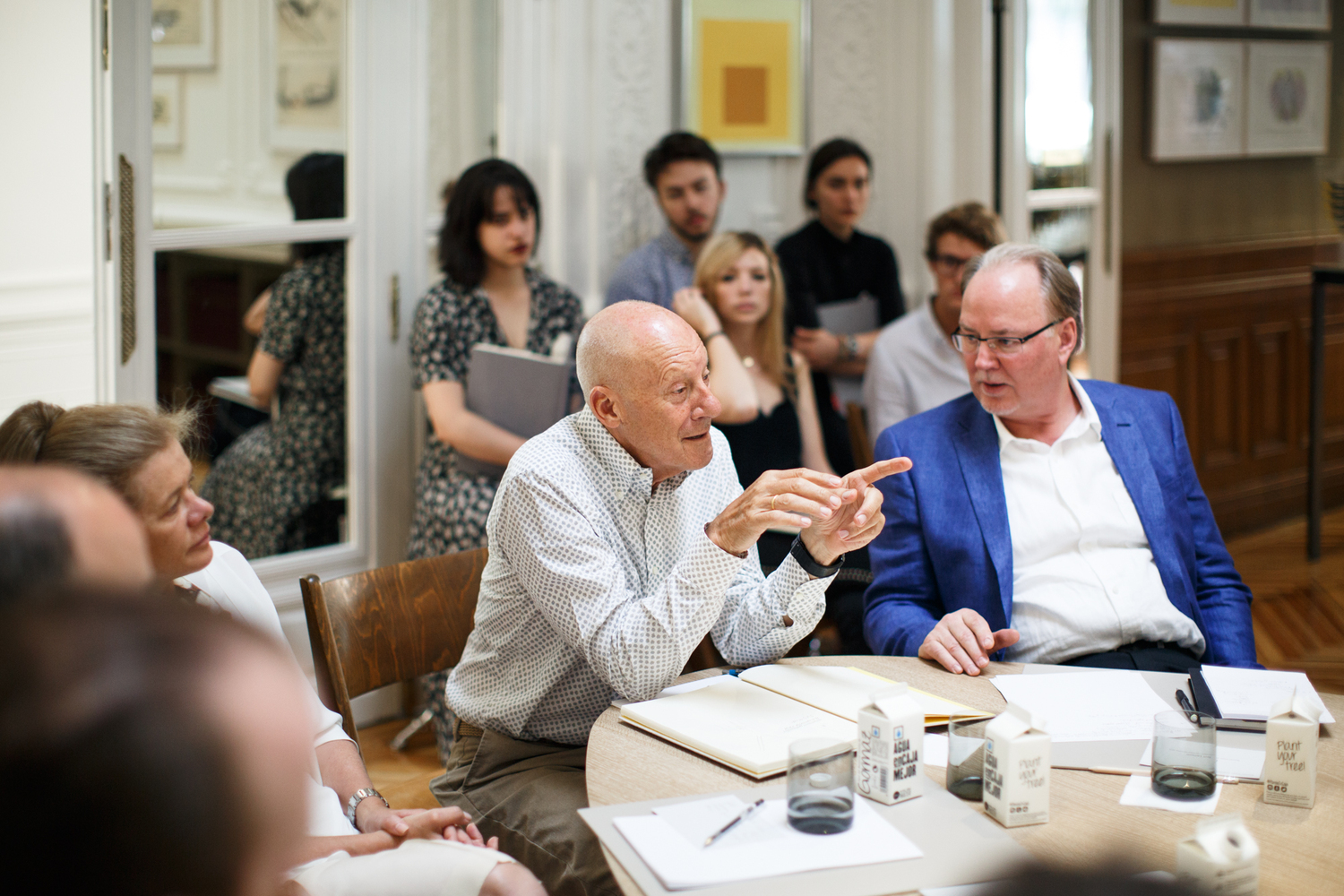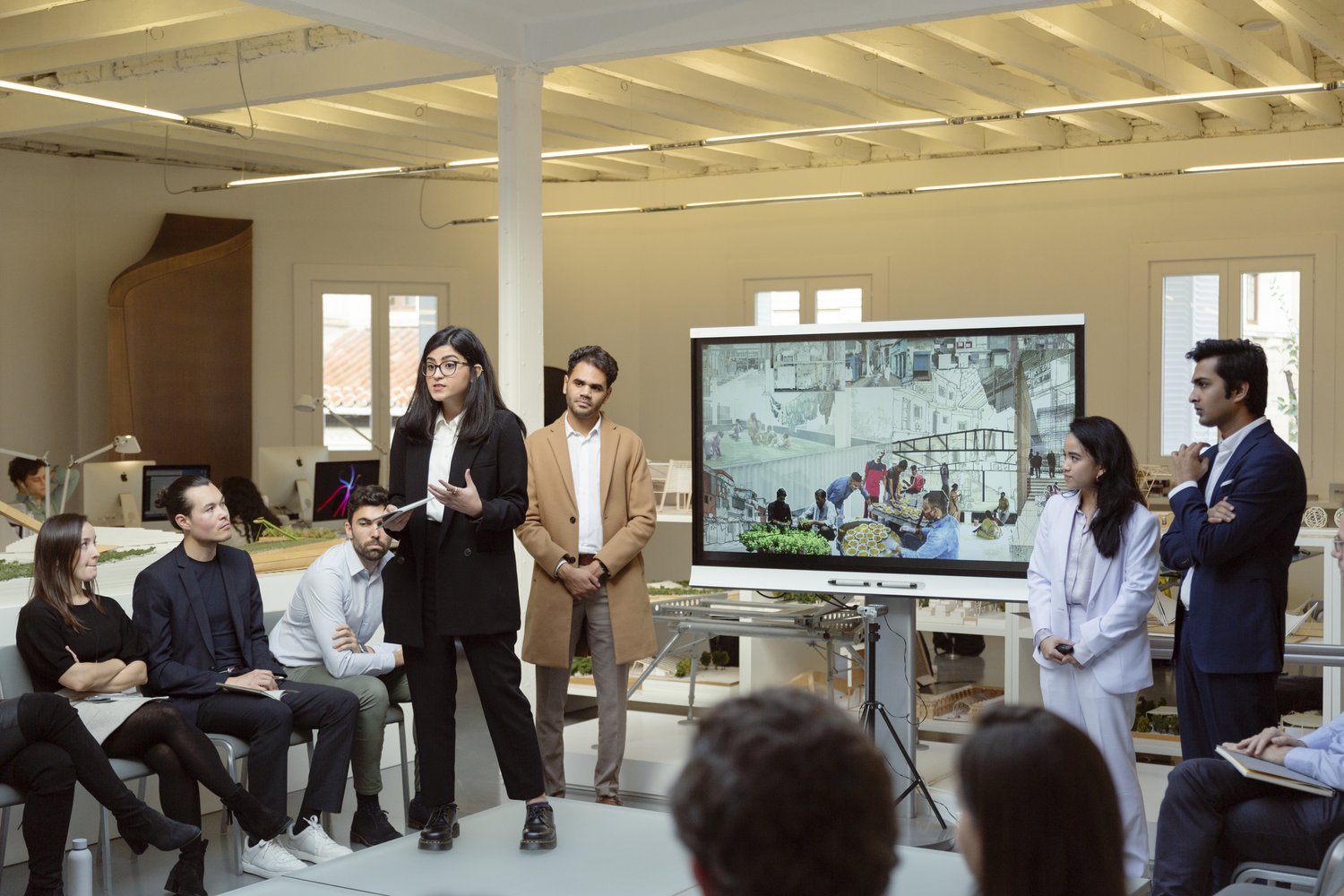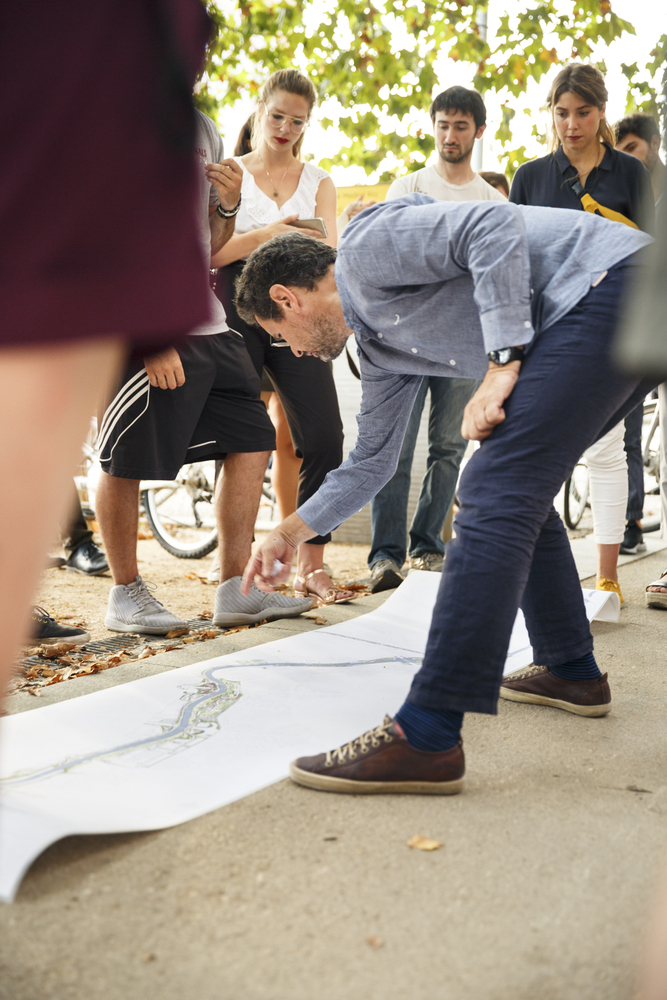The well-known British architect Norman Foster established the Norman Foster Institute to teach students about urban sustainability. Since its inception, the Norman Foster Foundation’s goal has been to encourage multidisciplinary research and thought to better prepare youngsters for the challenges they will face.
The Norman Foster Institute is the Foundation’s latest effort to deal with the increasing significance of urbanization and its difficulties by providing resources and support to individuals who want to enhance the quality of life in cities worldwide. Beginning in January 2024 in Madrid, the Norman Foster Institute will host its inaugural academic program, On Sustainable Cities, and is currently taking applications.
The New Norman Foster Institute
“On Sustainable Cities” is the organization’s initial initiative, and it will bring together scholarly input from the Foundation’s network of global specialists with hands-on expertise in the field and cutting-edge technological resources. Three pilot cities will host scholars each year so students can interact with city officials face-to-face.
The first class is associated with the Norman Foster Institute, which offers a 36-week program split between classrooms, labs, studios, and cities, and titled “Foundations,” “Transformations,” and “Interventions.”
- Foundations
In the first stage, “Foundations,” students will learn everything they need to know about cities, from their origins and evolution to the systems of government, values, and performance indicators that make them sustainable. By expanding on ideas like “townscape” and “cityscape” and exploring various approaches to the design of urban spaces, students will develop a deeper appreciation for the significance of the place.
- Transformations
Each city’s transformation will shed light on its unique difficulties and possibilities. It will examine six areas that contribute to the definition of a city: weather and natural surroundings; transportation and infrastructure; urban planning and building; natural resources and energy; economics and social life; and arts and entertainment.
- Interventions
The community will have a fresh perspective thanks to interventions that provide concepts to decrease embedded and emission levels and increase overall wellness. At this point, pilot neighborhoods will test various methods for long-term progress in each area.
The Foundation of the course will be a set of techniques and competencies to tackle various urban problems. Skills such as leading, advocating, communicating, presenting, drawing, mapping, and analyzing data are examples. These ideas may be transferable to slums and suburbs all across the world. At the year’s end, the students will present detailing their research and lessons learned from working in the field to the city council.
As Norman Foster describes, “Like an hourglass, the course begins with a broad overview, then narrows in on specific, measurable problems, and then widens the discussion to incorporate more perspectives.”
The Norman Foster Institute Lab
The Norman Foster Institute’s program includes a cutting-edge lab to help students create sustainability plans for test cities. Students will be able to investigate, examine, and assess their interventions with the help of the latest technologies, including artificial intelligence (AI), augmented reality (AR), and interactive user interfaces (UI) at the Norman Foster Institute Lab.
The Norman Foster Institute has put together a multidisciplinary crew of experts. Co-Directors of the On Sustainable Cities Program Kent Larson, Head of the City Science group at MIT’s Media Lab, and Norman Foster, President of the Norman Foster Foundation, will supervise a group of prominent international specialists from various fields.
Architects Alejandro Aravena, Francis Kéré, and Deborah Berke, Dean of Yale University’s School of Architecture, will serve on the academic council in charge of the training program. Among the academic chairpersons are Stuart Smith, a member of the Holcim Board of Directors and director at Arup, and Joseph G. Allen, associate professor and director of the Harvard Healthy Buildings Program.
© Pablo Gómez-Ogando l Norman Foster Institute
© Pablo Gómez-Ogando l Norman Foster Institute
© Pablo Gómez-Ogando l Norman Foster Institute
© Pablo Gómez-Ogando l Norman Foster Institute
© Pablo Gómez-Ogando l Norman Foster Institute
© Pablo Gómez-Ogando l Norman Foster Institute
© Pablo Gómez-Ogando l Norman Foster Institute
© Pablo Gómez-Ogando l Norman Foster Institute
© Pablo Gómez-Ogando l Norman Foster Institute
© Pablo Gómez-Ogando l Norman Foster Institute
© Pablo Gómez-Ogando l Norman Foster Institute


